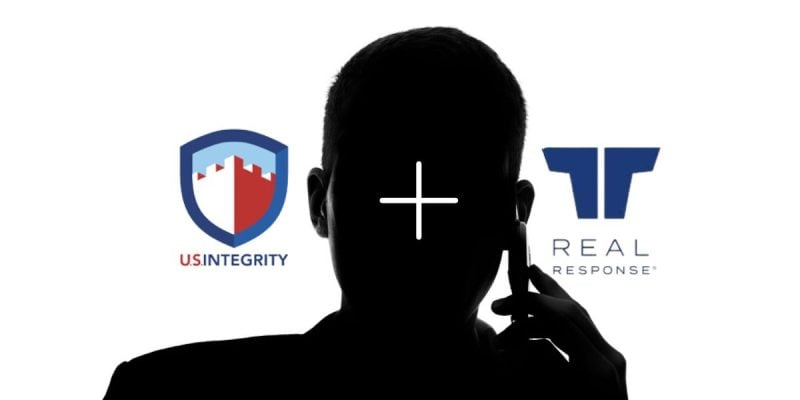Sports betting monitoring company US Integrity and anonymous reporting community RealResponse have joined to launch Athlete Alert Powered by Real Response.
Athlete Alert is an anonymous tipline for athletes to report threats made against them and suspicious gambling-related activity. Athletics stakeholders can call 843-USI-TIPS to file their anonymous report.
The tipline is meant to protect the athlete’s well-being and the integrity of sport, US Integrity CEO Matthew Holt said in a statement:
“The implementation of Athlete Alert Powered by RealResponse is another example of how we help our partners to stay one step ahead of any bad actors. An anonymous text to 843-USI-TIPS can help limit and prevent acts or threats of physical and emotional harm or intimidation–while thwarting attempts to undermine the integrity of sports competitions.”
Tipline launch comes amid a wave of sports betting scandals
Athlete Alert’s launch has arrived at a critical juncture in US athletics. When the sports betting boom started in 2018, stakeholders could only guess what sports betting’s impact would have on professional and collegiate athletics.
That picture has become much clearer, particularly over the past year. For example, several NFL athletes and college programs have faced punishment for violating sports betting regulations:
- Calvin Ridley: The Jacksonville Jaguars wide receiver served a one-year suspension for placing an alleged $1,500 on NFL parlay bets during the season.
- Jameson Williams: The second-year Detroit Lions receiver and a teammate were suspended six games for betting on non-NFL games while in an NFL facility.
- Quintez Cephus, C.J. Moore, and Shaka Toney: The two Lions and Washington Commander, respectively, were suspended for at least one season for betting on NFL games.
- Brad Bohannon: The former Alabama Crimson Tide baseball coach was fired over suspicious bets involving the team.
- Iowa and Iowa State: More than three dozen athletes and 100 people are under investigation for sports betting improprieties.
If similar situations happen in the future (they likely will), anyone with knowledge of sports betting rule violations could provide an anonymous tip through the Athlete Alert hotline.
Threats on Athletes come to the forefront as sports betting grows
Not to be missed is that the hotline is meant for athletes experiencing threats, harm, or abuse from fans.
More sports betting means more frustrated bettors who lose bets. And when that happens, there are times when fans take out their anger on players.
A March article from ESPN‘s David Purdum highlighted this dark side of college sports betting. Purdum focused on the story of Damion Baugh, a TCU Horned Frogs guard who drained a three-pointer at the buzzer of TCU’s 84-81 loss to Gonzaga in the second round of the NCAA Men’s Tournament.
Gonzaga was a four-point favorite, which meant Baugh’s shot made TCU beat the spread. Bettors were not happy.
Baugh’s social media inboxes were flooded with messages from people who lost money because of his shot.
“Everybody playing sports growing up, we play until the whistle, play until the end of the game,” Baugh told Purdum. “People just forgot about that. Saying I shouldn’t have taken the shot is saying, ‘We don’t care about the game. We just wanted to win our money.'”
Parlay Patz fiasco foreshadowed threat prevalence
In 2019, a court sentenced Benjamin Patz, a bettor known as “Parlay Patz,” to 36 months of probation after he sent threats to multiple athletes after losing bets. According to a US Attorney’s Office press release, those threats included:
- “I will enter your home while you sleep”
- “And sever your neck open”
- “I will kill your entire family”
- “Everyone you love will soon cease”
- “I will cut up your family” and “Dismember the[m] alive.”
These types of threats are exactly what the Athlete Alert tipline hopes to bring to light and curb, Holt said.
“Nothing is more important than the health and well-being of the professional and student-athletes who have committed their lives to compete at the highest levels, and it is our job to help protect that paradigm,” he said.








